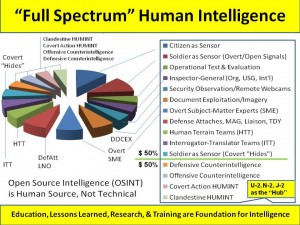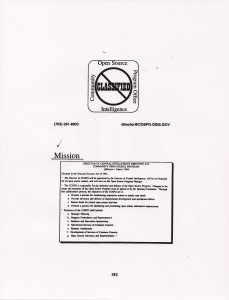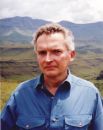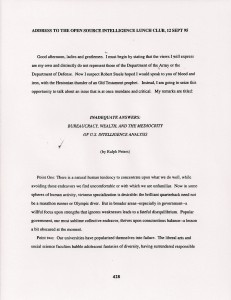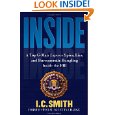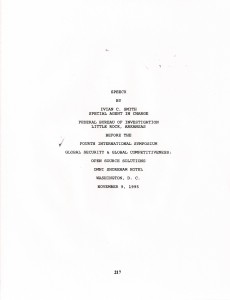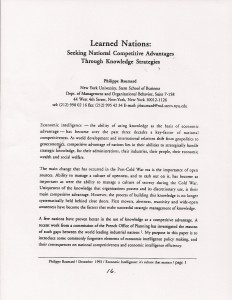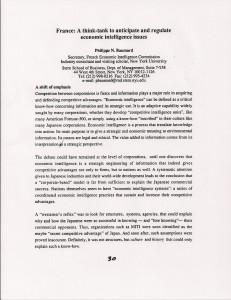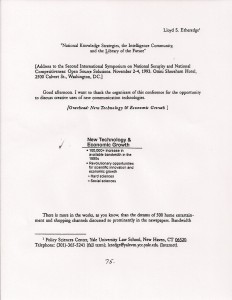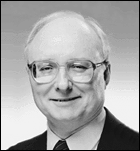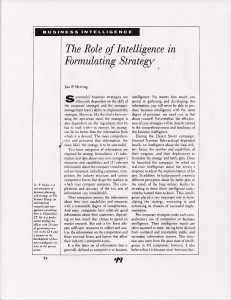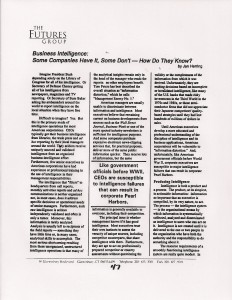
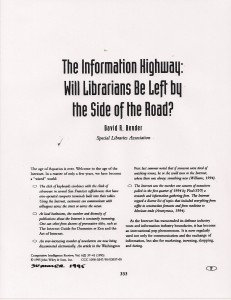
In 1986, Project GEORGE (Smiley) in the CIA's Office of Information Technology discovered that computers had been designed without ever talking to librarians. There were created as unstructured bit buckets. It turns out that in the analog period, structure and the Dewey decimal system and humanly-constructed taxonomies were vitally important if one was to archive and retrieve knowledge within the limits of the individual human. During the middle period, which is STILL IN PROGRESS, computers have failed to get a grip on unstructured information. As Stephen E. Arnold and others have documented, electronic search yields less than 10% of what is online (apart from deep web not covered by any of the 75 search engines, there are C drives and peripheral drives that have not been indexed). Although David Weinberg is correct in his book Everything is Miscellaneous, and the digital world opens the propect for infinitely sharing information while retaining the original, and for creating infinite wealth by eliminating information asymmetries and data pathologies that favor the few at the expense of the many, there is no single government, corporation, organization, or collective other than Earth Intelligence Network and its affiliated society, Phi Beta Iota, that is actually committed to realizing the full potential of humans as H. G. Wells, Pierre Tielhard de Chardin, Stewart Brand, Kevin Kelly, and others have envisioned: as the World Brain within Earth Game, all humans, all minds, all the time. See the 2009 article on Human Intelligence by clicking on the icon below.
